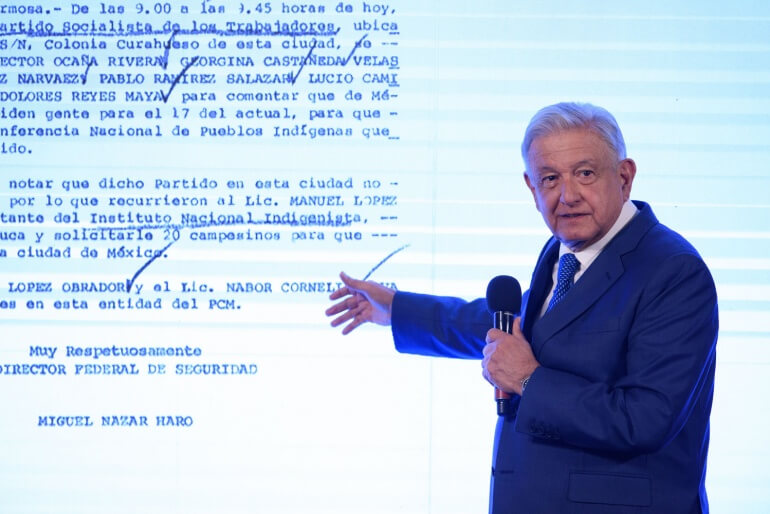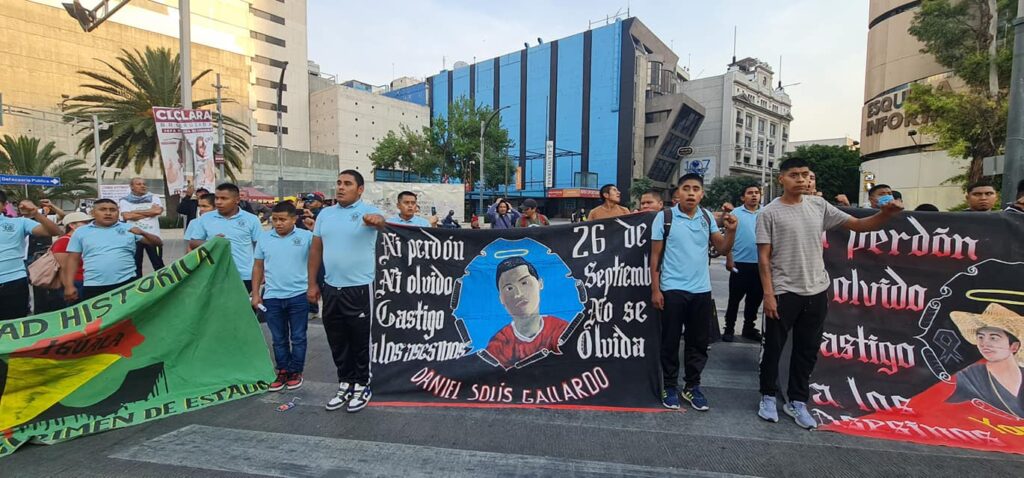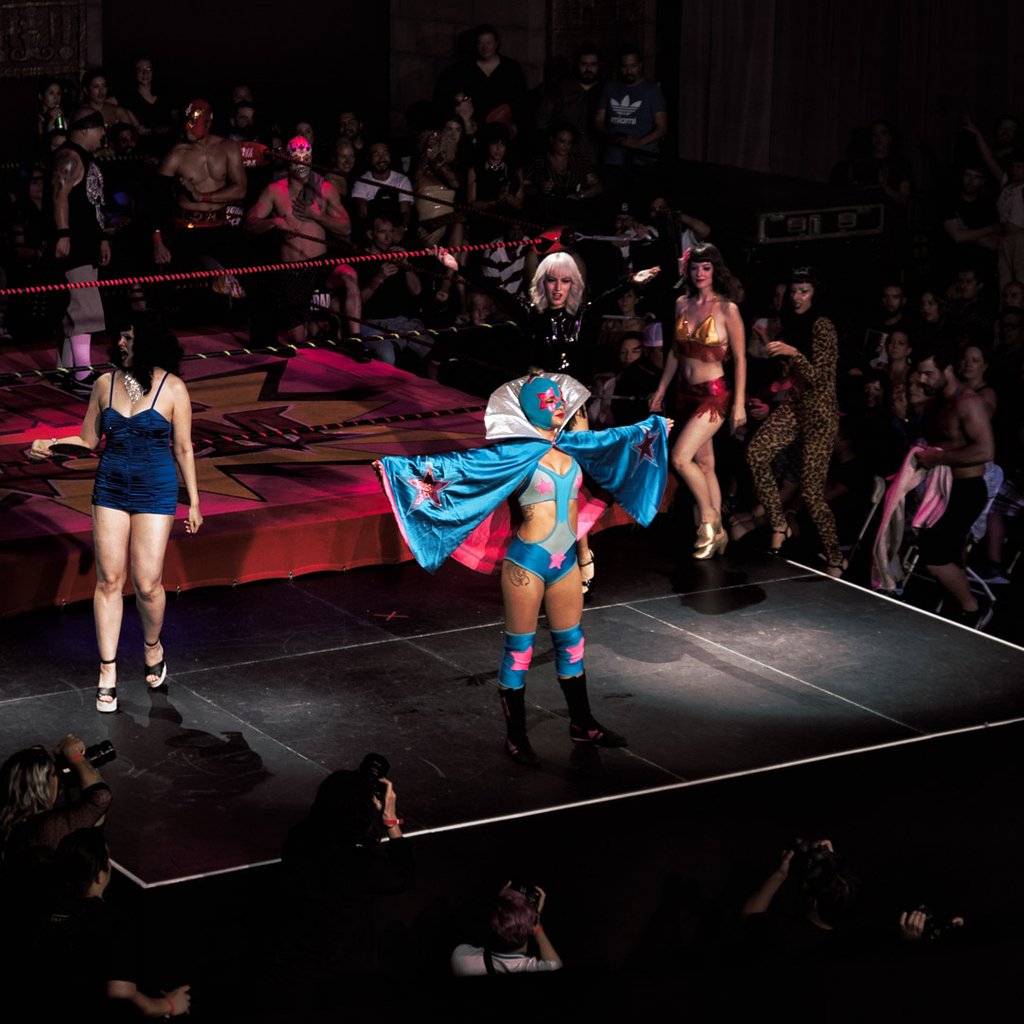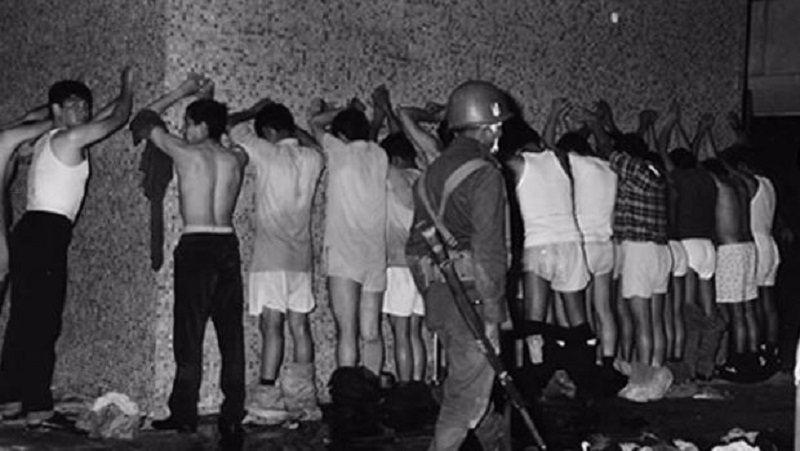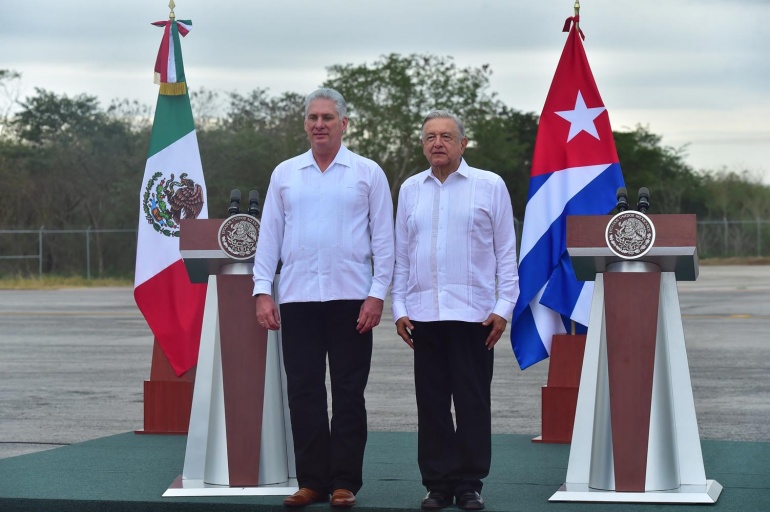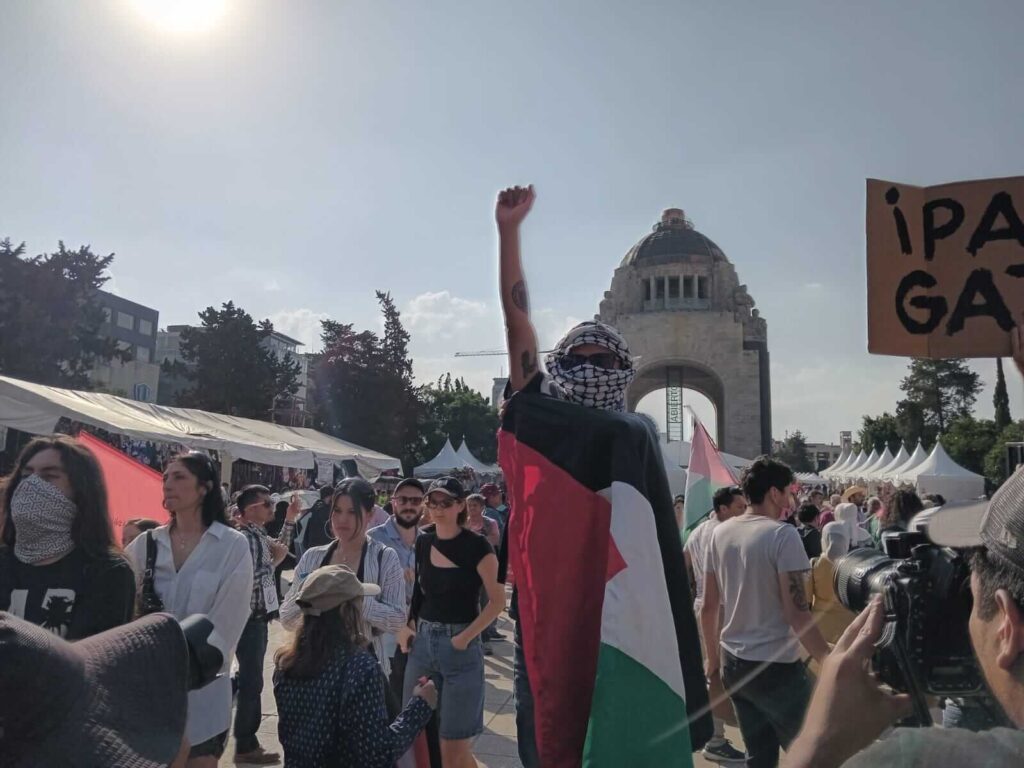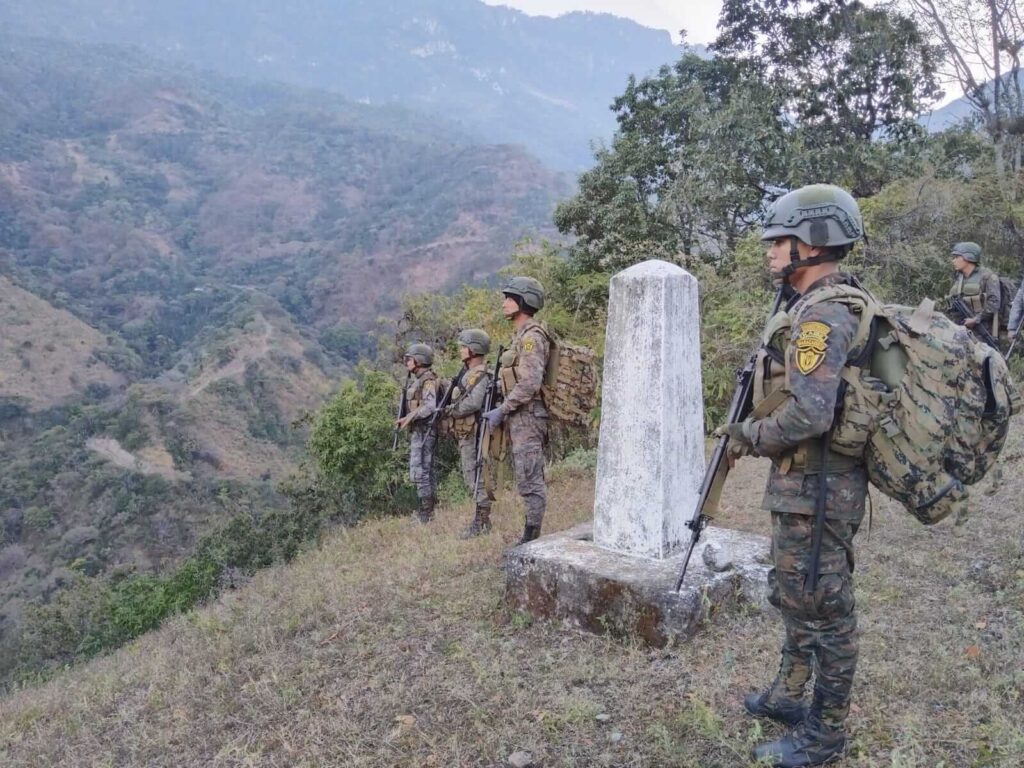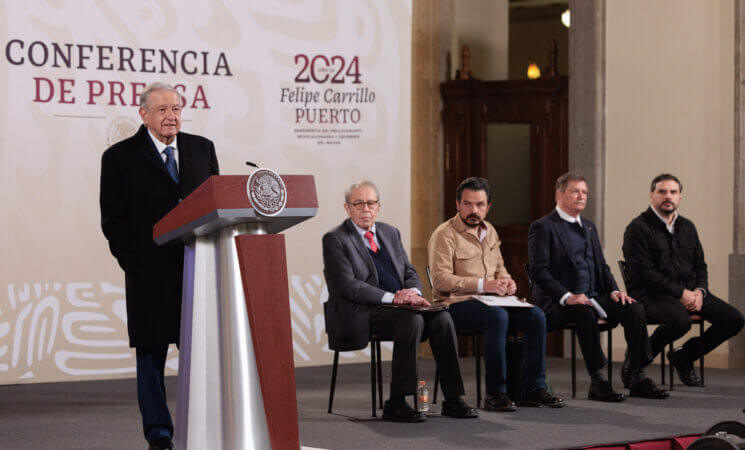Mexico City, Mexico — Mexican President Andrés Manuel López Obrador clapped back against allegations that a drug cartel made large donations to his unsuccessful 2006 presidential campaign, dismissing the accusations as slander manufactured by the United States government.
On January 30, three different international media outlets published reports about an investigation carried out by U.S. agencies, which documented that the Sinaloa Cartel, one of the country’s most violent and powerful drug trafficking organizations, donated millions of dollars to López Obrador’s campaign in exchange for protection.
During his morning briefing on February 1, the president, known as AMLO, demanded a formal apology from the U.S. government and assured that there were no grounds for the accusations.
“What I want is for the government of the United States to speak out, because the president of Mexico has moral and political authority. And if they have no proof, they must apologize,” said López Obrador.
U.S. inquiries into López Obrador’s alleged narco connections
The reports that drew the president’s ire center on a 13-year-old investigation carried out by the U.S. State Department and the Drug Enforcement Administration (DEA) into an alleged tie between Sinaloa Cartel higher-ups and AMLO’s close political operators.
The 2010 probe looked into the testimonies made by Roberto López Nájera, a Sinaloa Cartel enforcer turned U.S. informant. Najera was a lawyer and worked under the orders of Édgar Valdez Villarreal, a powerful and prominent mafioso at the time, until the murder of Nájera’s brother, which he allegedly pinned on his employer, pushing him into the arms of the U.S. government in search of retribution.
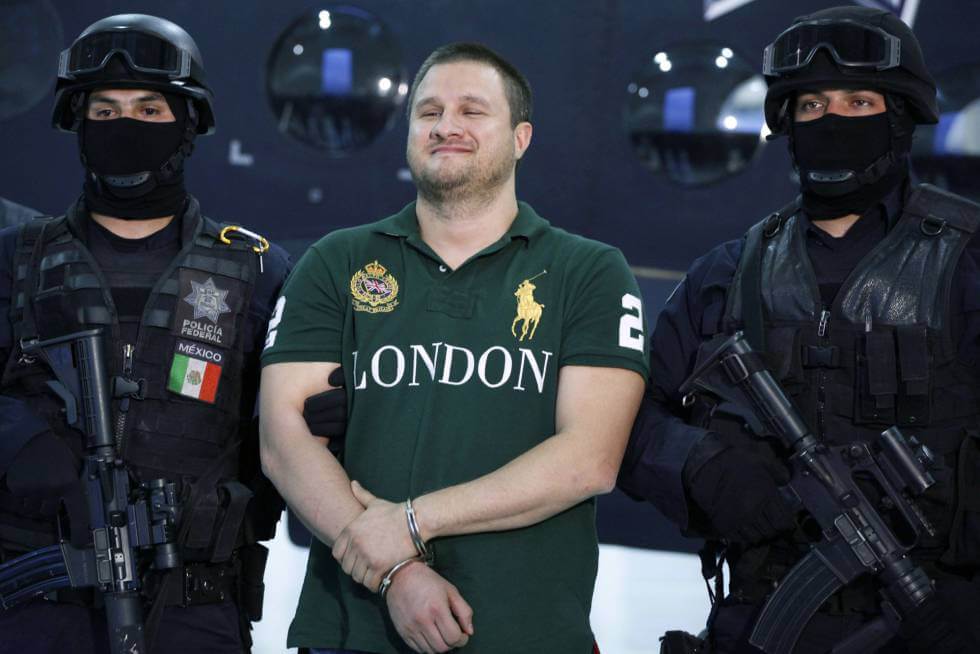
Allegedly, Nájera witnessed a meeting between Villarreal and businessmen and political operatives close to López Obrador, in which he sought to broker an agreement between AMLO’s campaign and the cartel, requesting funding in exchange for protection.
Najera’s accounts detailed that Nicolás Mollinedo, one of AMLO’s closest allies and his driver during the campaign, and Mauricio Soto Caballero, a current congressman from the ruling Movimiento de Regeneración Nacional (Morena) party, were behind the meeting and resource siphoning, with Nájera allegedly delivering up to USD $2 million for the campaign.
If elected, López Obrador would shield the Cartel’s operations and empower them to choose an attorney general subservient to their interests.
However, the investigation was soon closed over a lack of convincing evidence. In his report on the investigation, Pulitzer Award-winning journalist Tim Golden noted that the “investigation did not establish whether López Obrador sanctioned or even knew of the traffickers’ reported donations.”
Nevertheless, other journalists who published the recent reports, like Anabel Hernandez — a renowned journalist whose investigations have uncovered deep links between Mexico’s government and organized crime — have asserted that the allegations are true, and López Obrador was well aware of the illicit nature of the donations.
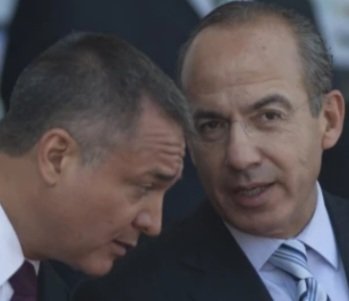
López Obrador would end up losing the 2006 elections to Felipe Calderón. In her story, Hernandez explains that while funneling money into AMLO’s campaign, the Sinaloa Cartel also funded Calderón’s.
The investigation, although officially closed, has created friction between López Obrador’s government and the U.S.
“He (Tim Golden) is a pawn, a mercenary of journalism, as there are in Mexico, there are also in the United States, and all over the world. It has to do with the State Department as well as the DEA,” said López Obrador.


